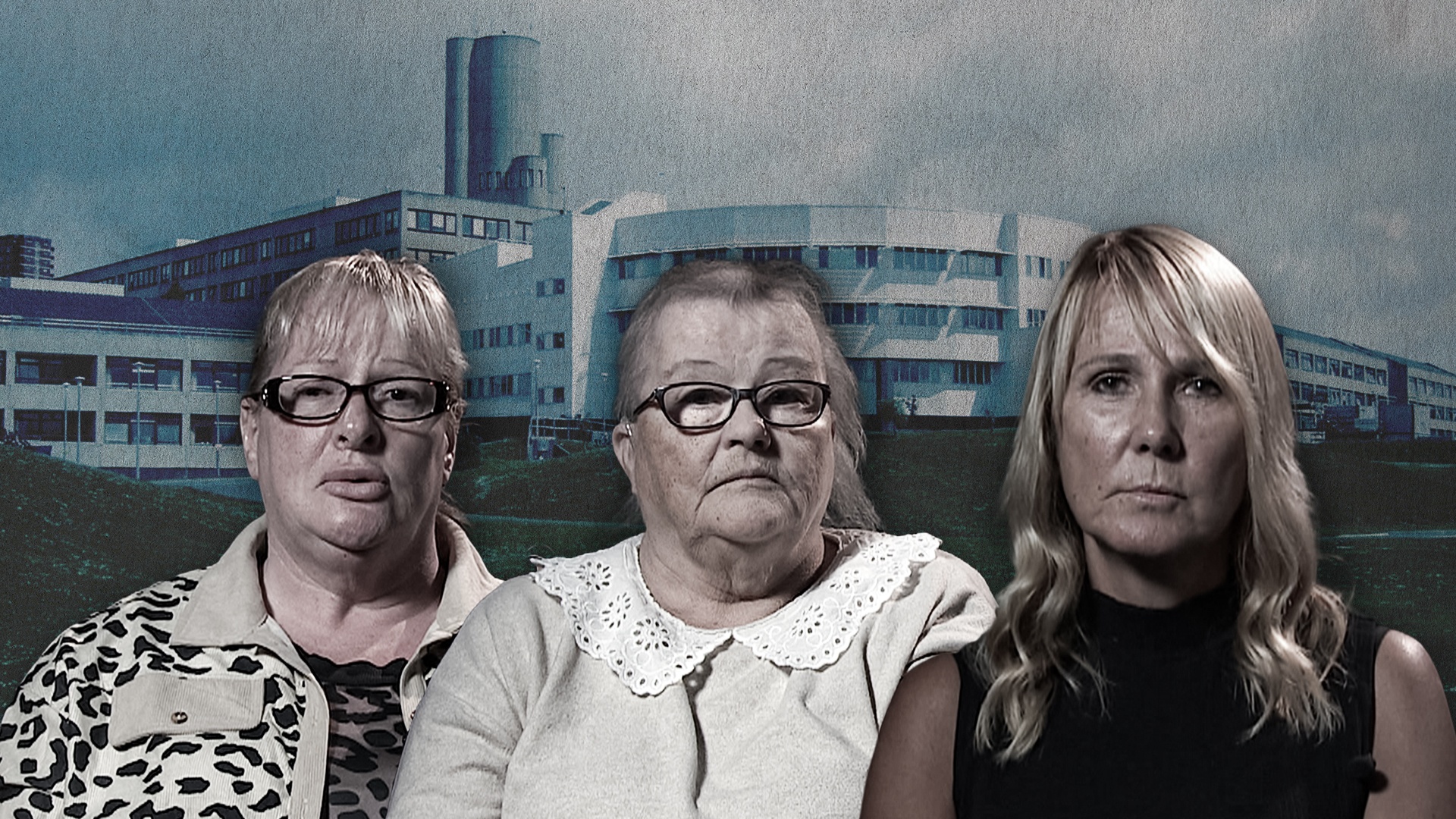Imperative that CARICOM leaders strengthen collaboration to confront environmental challenges that do not respect national borders
By Stabroek News
Copyright stabroeknews

Dear Editor,
As a public communications analyst with professional experience in Barbados, Trinidad, and Guyana, I feel compelled to raise urgent awareness about the mounting environmental threats facing the Caribbean region. While we rightly celebrate our cultural diversity freedom to travel, economic growth, and natural beauty, we must also confront a stark reality: our environment—the very foundation of our survival—is under siege.
The Caribbean is at the frontline of climate change. From sargassum seaweed invasions that smother beaches and disrupt marine life, to plastic pollution choking our seas, to untreated sewage and agricultural runoff contaminating our waters, the list of environmental crises is long and deeply troubling. These challenges are not isolated; they are interconnected, and their impact is being felt across our economies, our public health systems, and our communities.
For small island developing states (SIDS) in the Caribbean, the stakes could not be higher. Tourism, fishing, and coastal industries—which sustain millions of livelihoods—are increasingly at risk. Waterfront tourism suffers when our beaches are buried under sargassum or littered with plastic waste. Fishing communities watch with alarm as fish stocks decline, damaged by pollution, habitat destruction, and warming seas. Even the highly touted oil and gas sector is not immune, as climate change and degraded ecosystems undermine long-term sustainability.
Guyana, though blessed with vast forests that serve as a vital carbon sink, is also under growing threat from global warming. Rising sea levels put its low-lying coastal regions—where the majority of the population lives—at extreme risk of flooding. In addition, unpredictable weather patterns, saltwater intrusion, and shifting rainfall trends are already disrupting agriculture, food security, and public health. Guyana’s experience underscores the urgency for all Caribbean nations to act collectively, as no state is shielded from the consequences of climate change.
Through my professional interactions with energy stakeholders—from oil and gas executives to renewable energy advocates—I have seen firsthand the competing interests and opportunities shaping our region’s future. While there is justified enthusiasm around petroleum revenues, there is also growing recognition that fossil fuel dependency cannot be our long-term strategy. Energy stakeholders themselves are acknowledging the importance of diversifying investments into solar, wind, and hydropower, and aligning operations with environmental and social governance (ESG) standards. These conversations have reinforced for me that the private sector must be part of the solution, not just the problem.
International organizations have long recognized these risks and offered key recommendations. The UNEP (United Nations Environment Programme) has urged Caribbean states to adopt circular economy models to drastically reduce single-use plastics and strengthen regional recycling systems. The IPCC (Intergovernmental Panel on Climate Change) has repeatedly stressed that Caribbean nations must prioritize renewable energy adoption and climate-resilient infrastructure, given the disproportionate vulnerability of SIDS. The World Bank has recommended major investments in climate-smart agriculture, flood defenses, and early warning systems, particularly in Guyana and low-lying island states. Meanwhile, CARPHA (Caribbean Public Health Agency) has linked environmental degradation directly to public health risks, urging governments to integrate environmental management with health policy.
Yet, to reduce our region to a “problem zone” alone is unfair—it ignores the structural limitations we face, and more importantly, the efforts many island nations are making to reverse this course. What is urgently needed is greater cooperation and unity among Caribbean leaders.
Our governments cannot work in silos. The environmental challenges we face do not respect national borders. Plastic waste floats across seas, hurricanes sweep across territories, rising sea levels threaten coastlines everywhere. It is therefore critical that CARICOM leaders strengthen their collaboration—by developing regional frameworks for waste management, renewable energy adoption, and marine protection—and advocate more forcefully on the global stage for climate justice and financing, echoing the calls of the Alliance of Small Island States (AOSIS).
Equally important is public participation. Citizens, businesses, and community organizations must all play their part in reducing single-use plastics, protecting our coastlines, and demanding accountability from policymakers. Innovation must also be encouraged—whether through local recycling initiatives, sustainable tourism models, or climate-smart agriculture, the region has immense potential to lead by example.
The Caribbean is not powerless. With unity, innovation, and determination, we can transform our vulnerabilities into strengths. We can protect our biodiversity, safeguard our ecosystems, and secure a future for generations to come. But time is running out. The longer we delay, the greater the costs—to our environment, our economies, and our way of life. It is my hope that this letter serves as both a warning and a call to action. The Caribbean must rise to meet this crisis together.
Blane R. Bunbury
Public Communications
Analyst & Community



